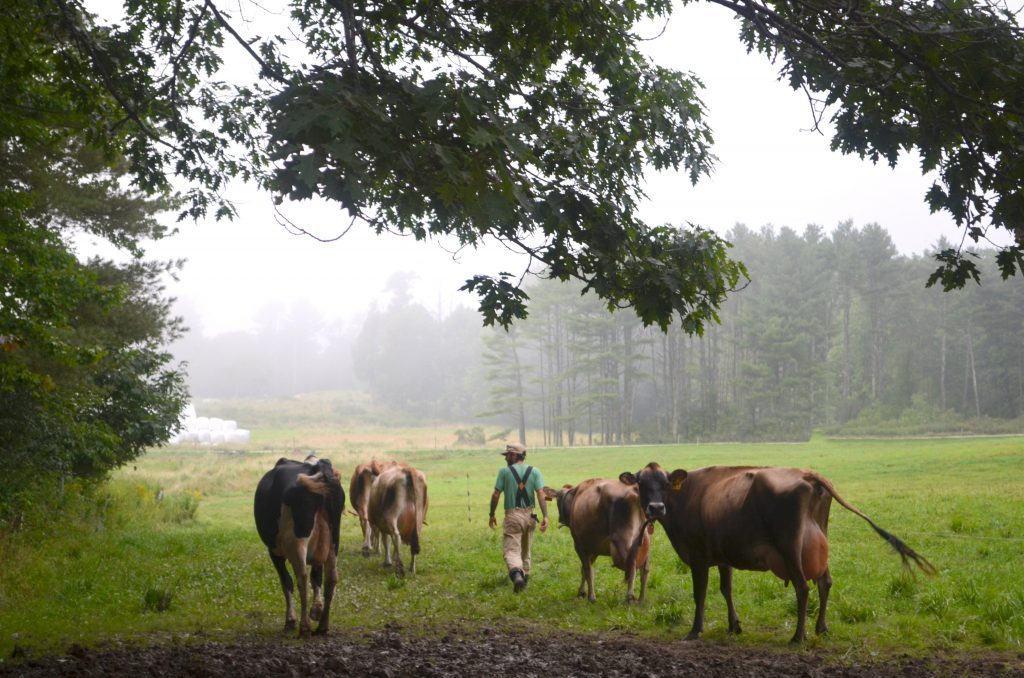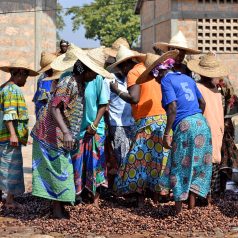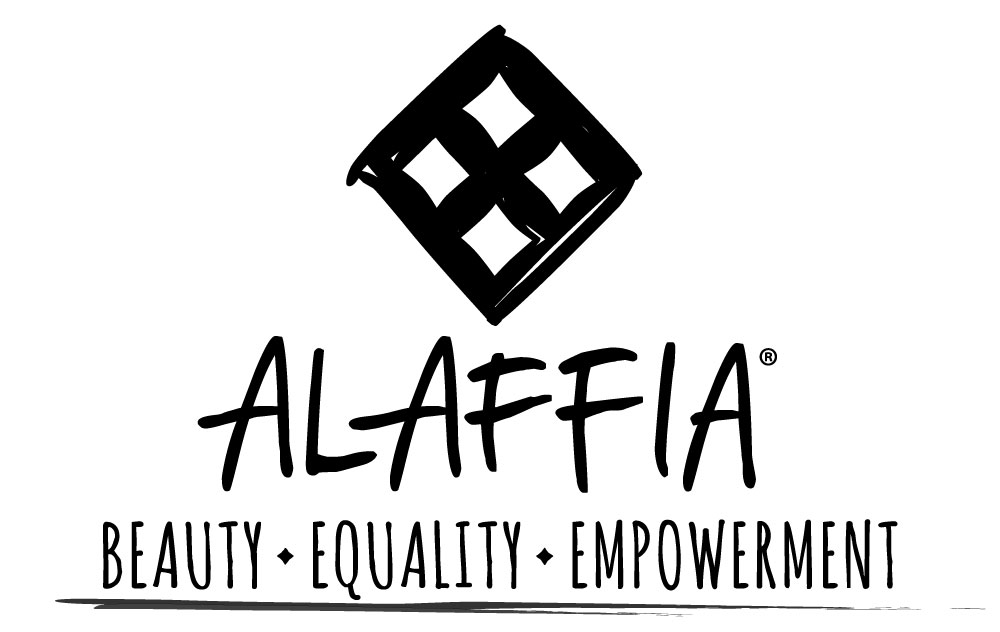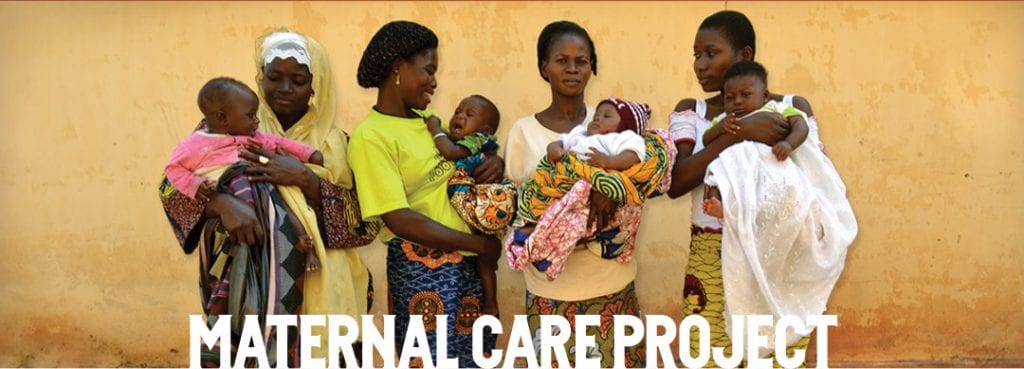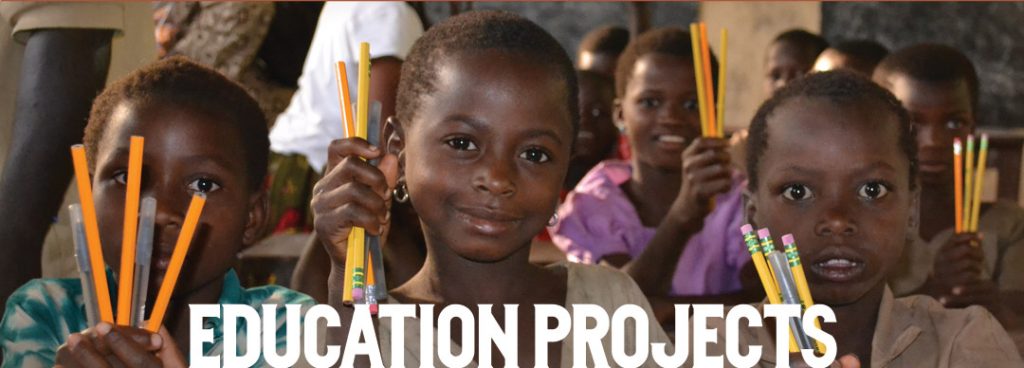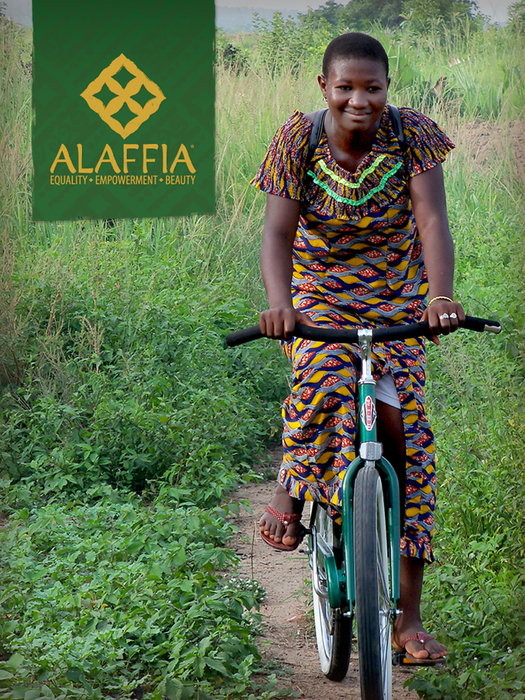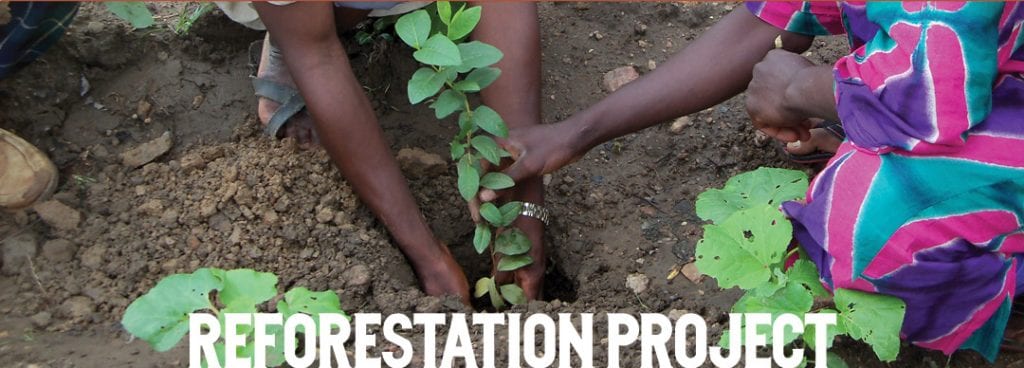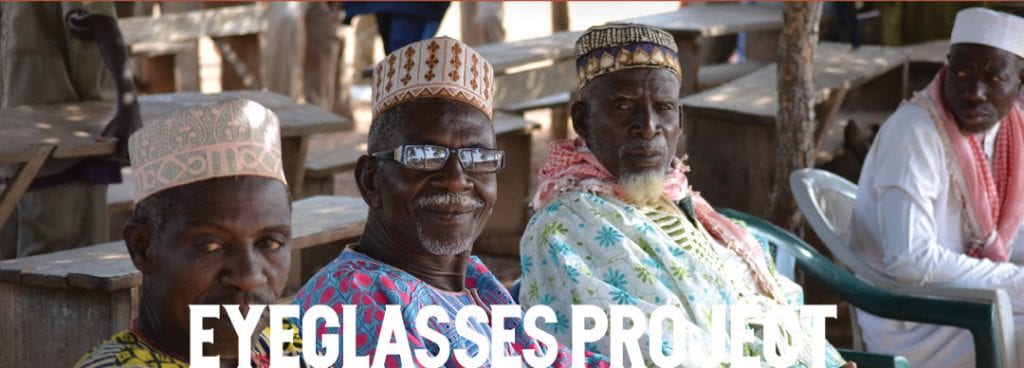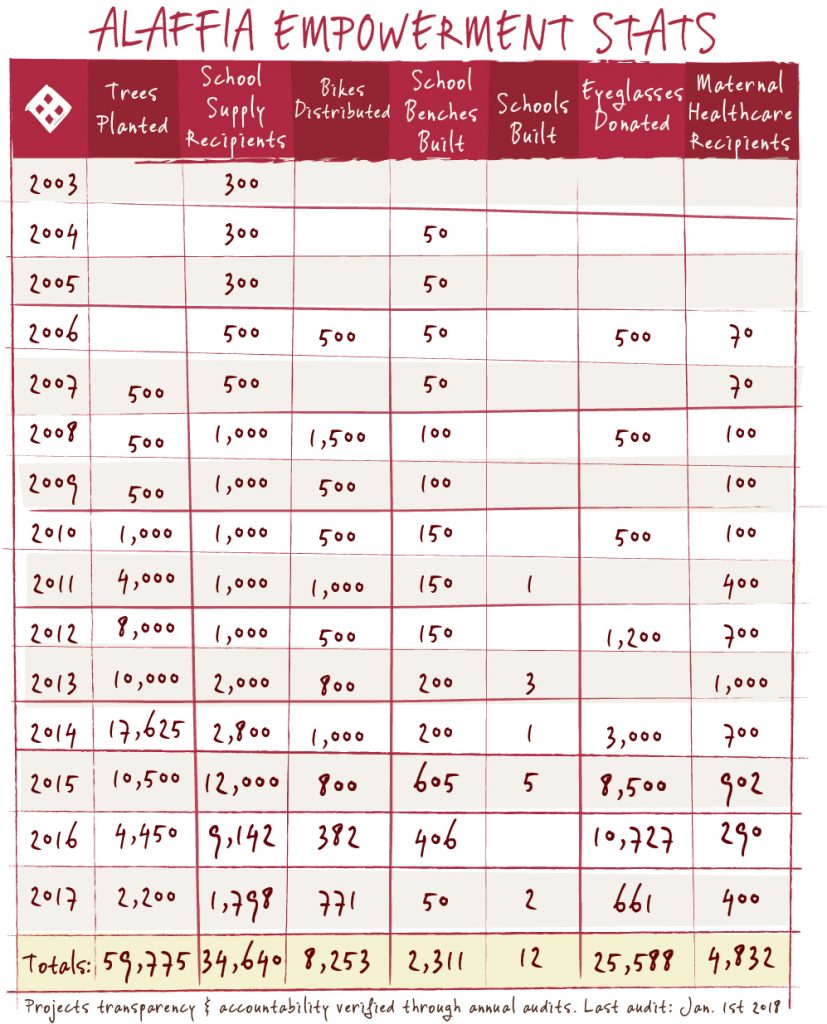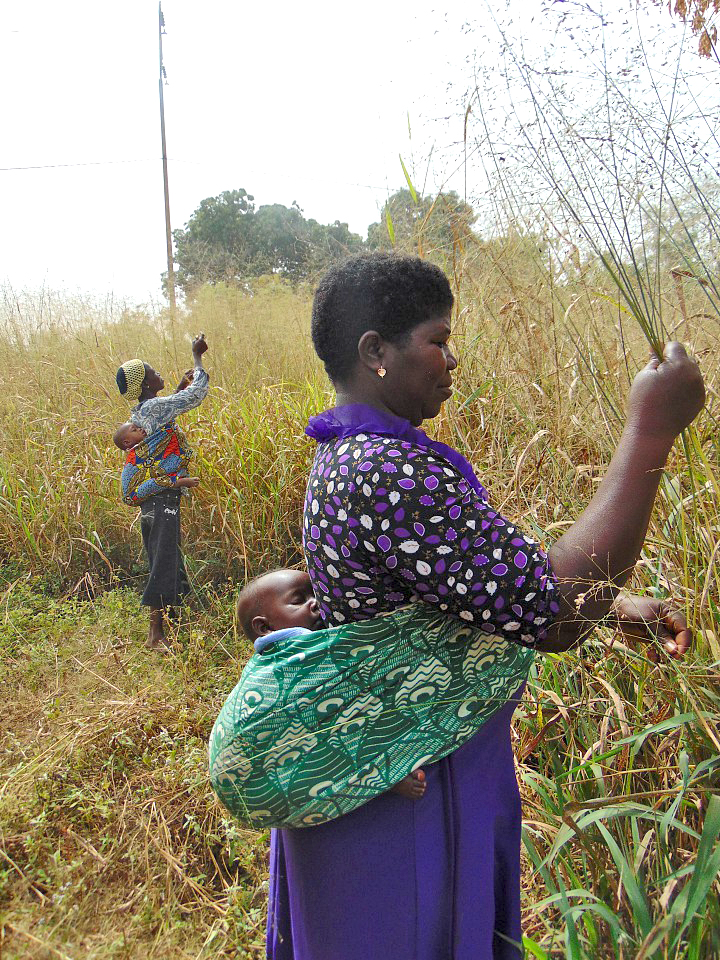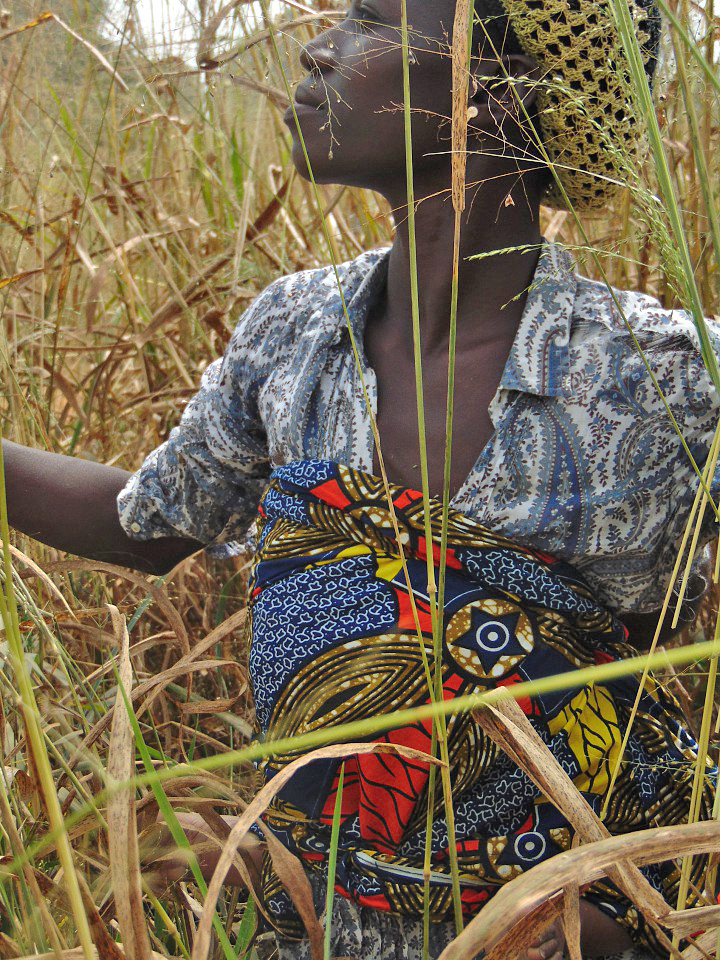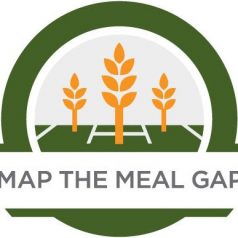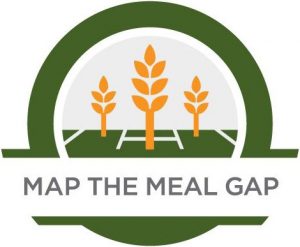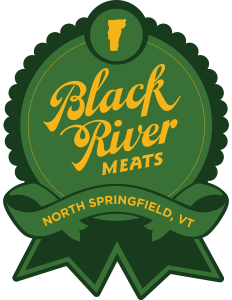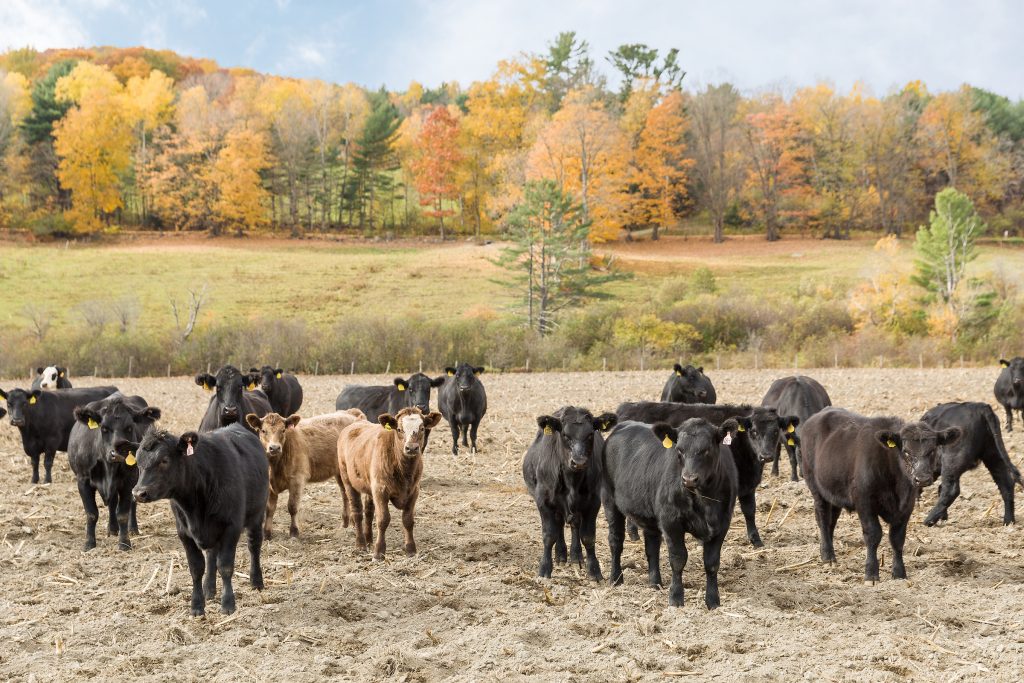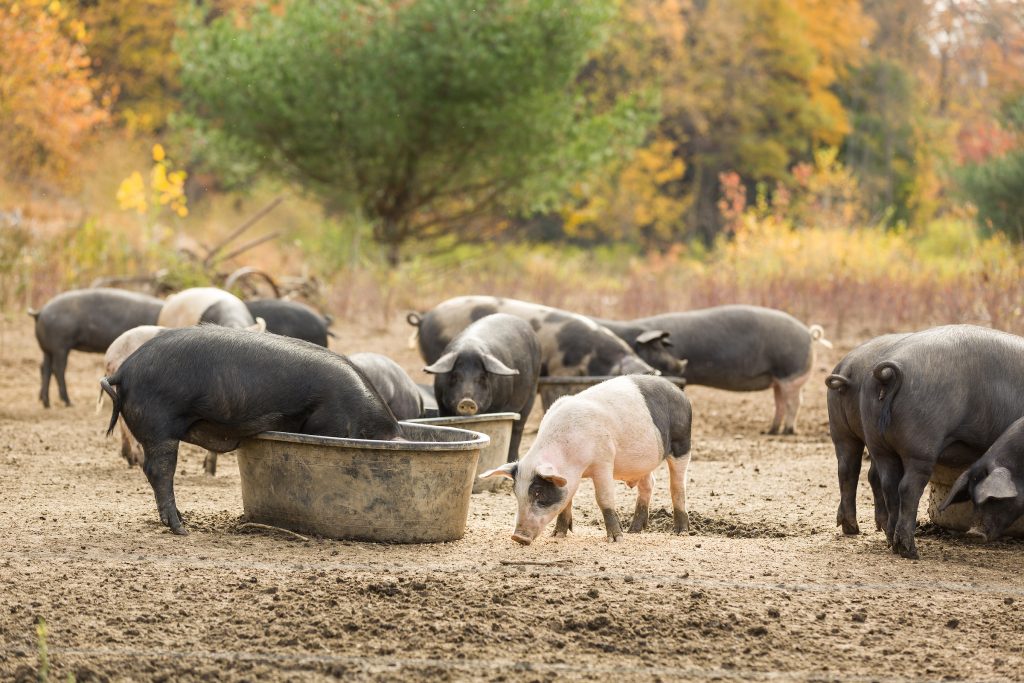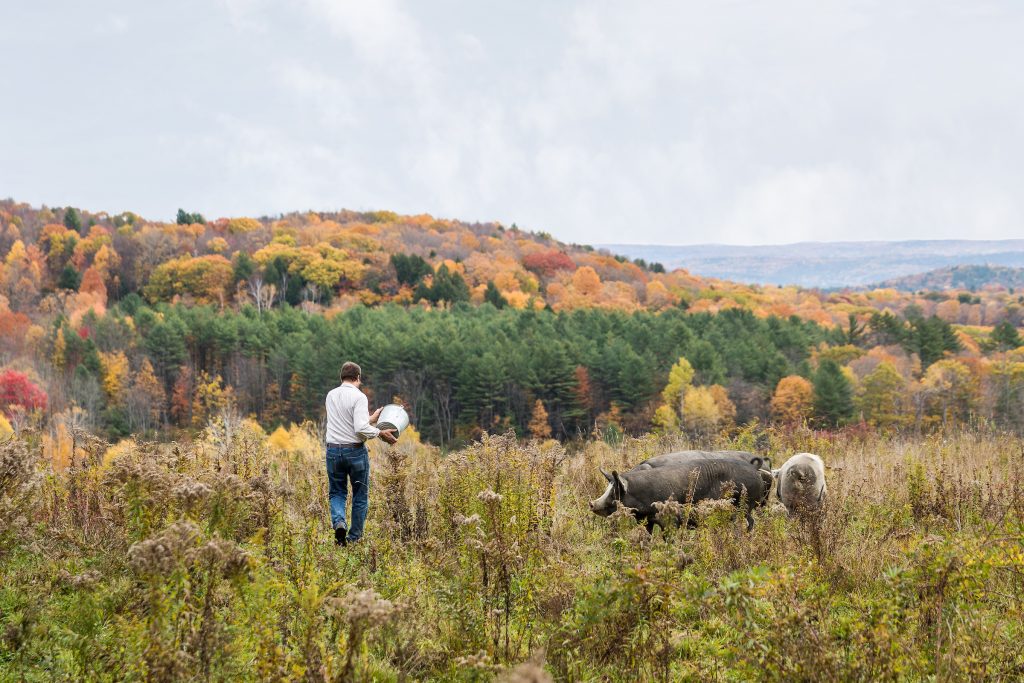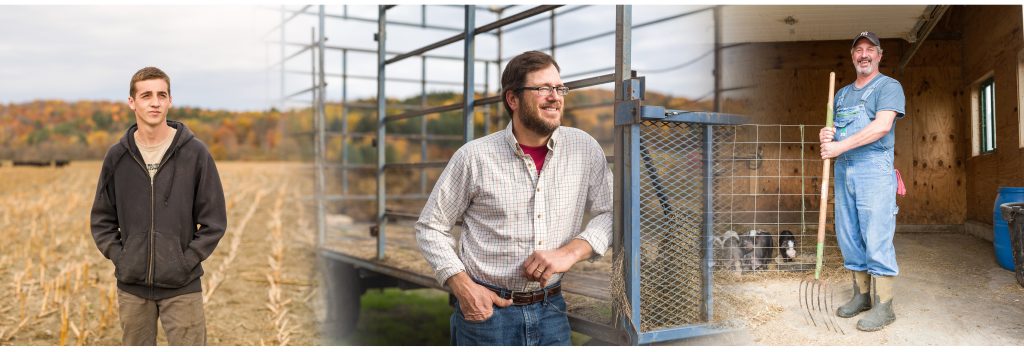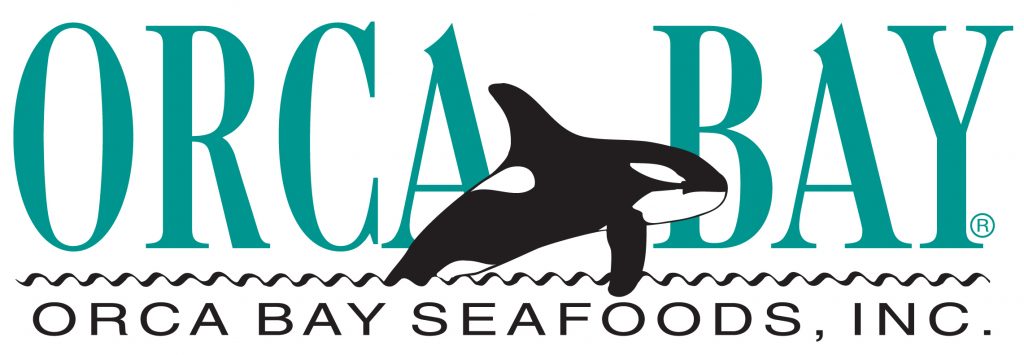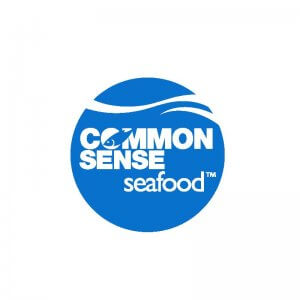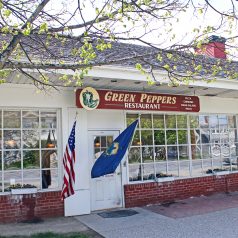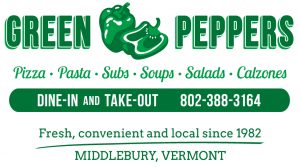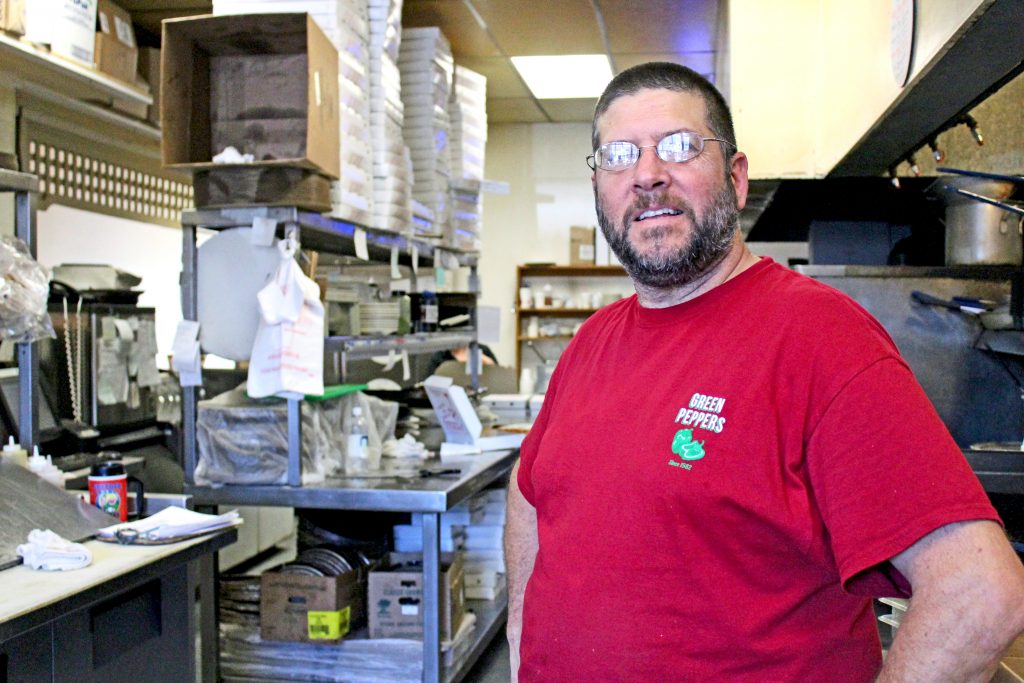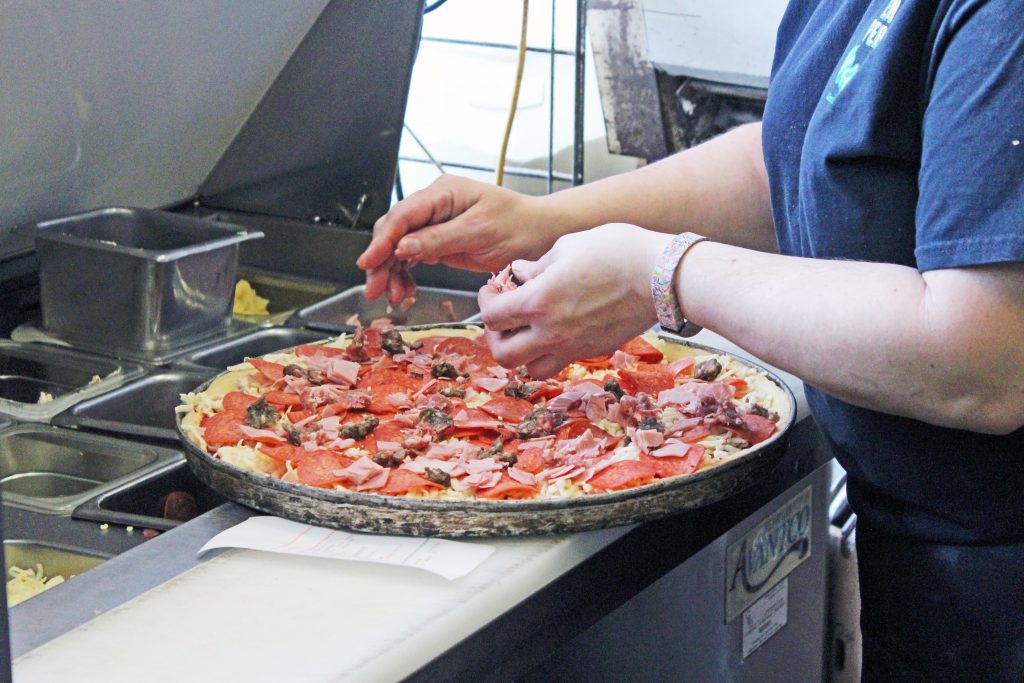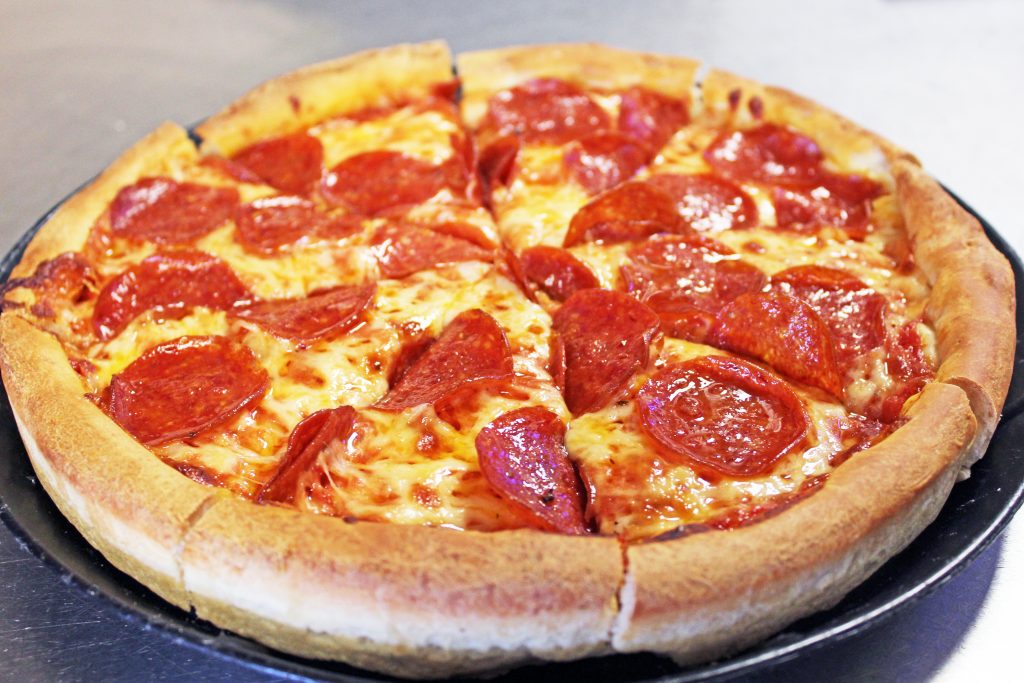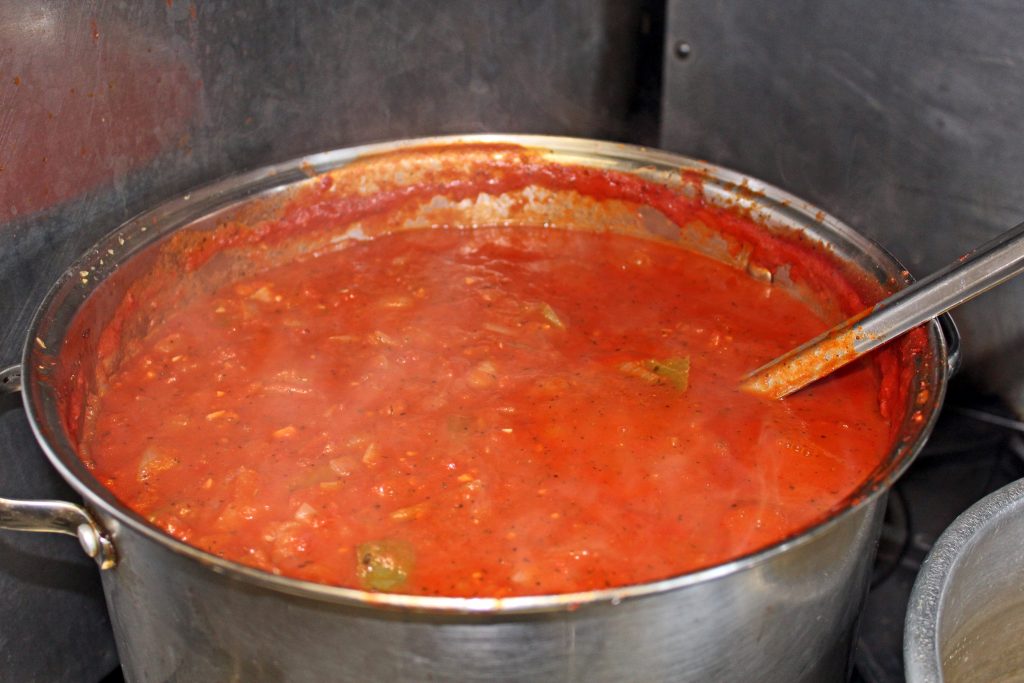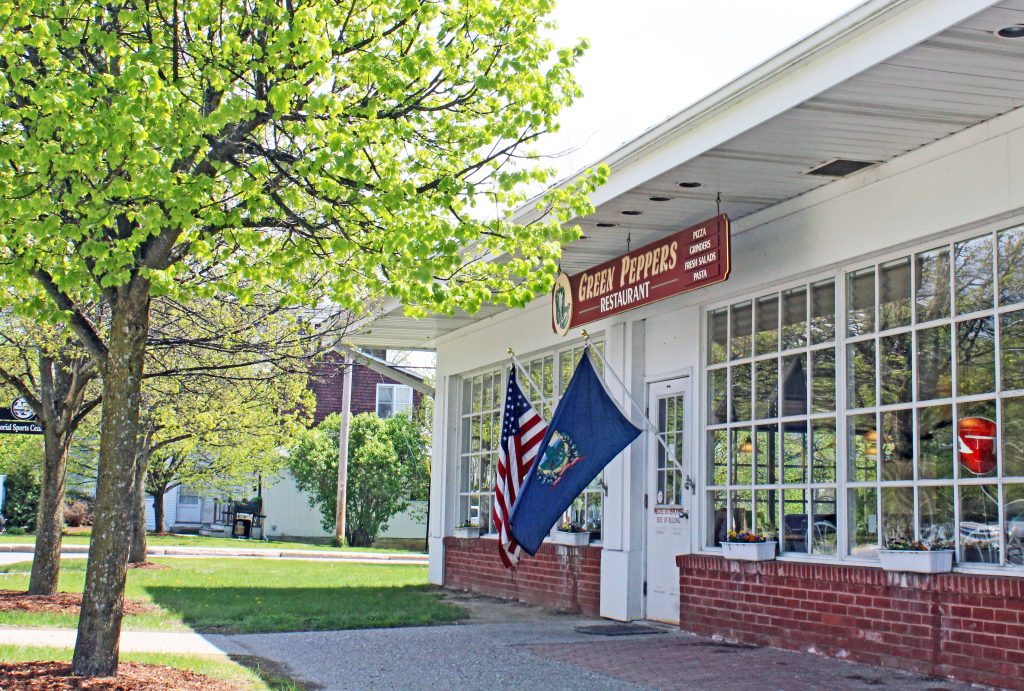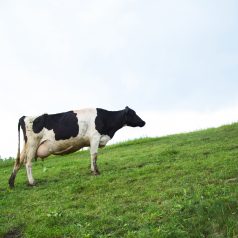
Spotlight on Stonyfield
We’re shining our Co-op Spotlight on Stonyfield this week to highlight their commitment to organic dairy, the family farmers that make it possible, and the Earth that sustains us. Member-owners can enjoy 20% off their full line of organic dairy products from July 26th – August 1st! Read on to learn more about Stonyfield’s history and mission:
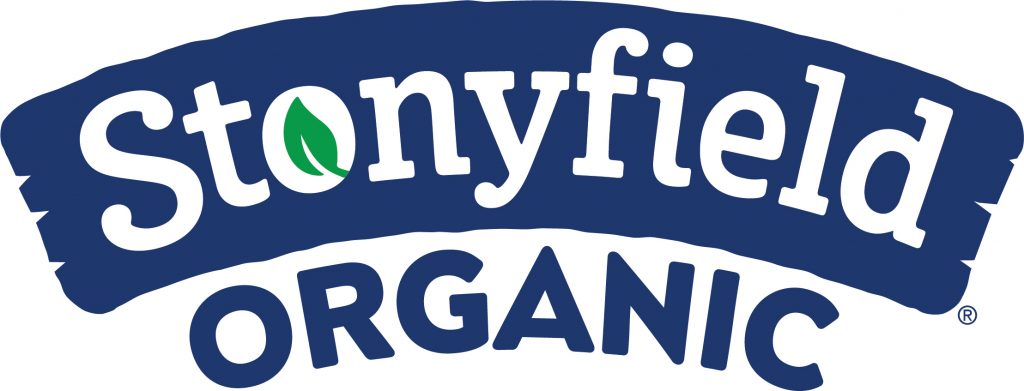
History:
While Stonyfield is best known for making yogurt, yogurt wasn’t the way the founders of Stonyfield thought they’d change the world. In 1983, Stonyfield co-founders Samuel Kaymen and Gary Hirshberg were simply trying to help family farms survive, protect the environment, and keep food and food production healthy through their nonprofit organic farming school.
Just to keep things running, the duo started putting their farm’s seven cows to work making yogurt. They knew they were making a healthy food grown with care; what they didn’t expect was how much people would love it.
People went crazy for the yogurt from Samuel and Gary’s little farm school, and the two knew they had found a way to make a real difference. With this yogurt business, the two organic farming teachers could show the whole world that a company could make healthy, delicious food without relying on toxic chemicals that harm the environment and public health.
So, the two went all-in on yogurt and, over 30 years later, the folks at Stonyfield continue to honor the example their founders set. They’re still located in New Hampshire, just 30 miles east of the old farm. And now, their organic ingredient purchases support a huge network of food producers made up of hundreds of organic family farms, thousands of organic cows, and over 200,000 organic acres!
They‘ve also pioneered planet-friendly business practices—from offsetting emissions at their production facility to making yogurt cups from plants instead of petroleum to making their own renewable energy, and much more.
The thought and passion that started Stonyfield Organic in the first place have only grown stronger, and they’ve never stopped working for healthy food, healthy people, and a healthy planet.
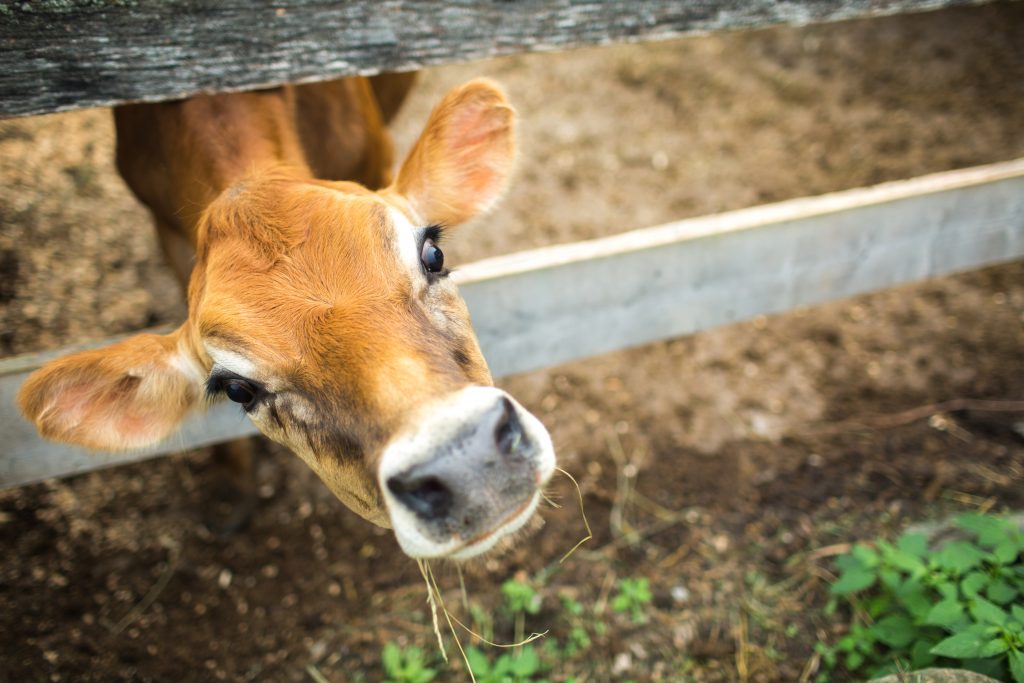
Commitment to Organic:
Stonyfield’s products are all 100% certified organic – made without the use of toxic persistent pesticides, artificial hormones, antibiotics, and GMOs. Eating organic isn’t just good for you and your family, it’s straight up good for other people and the planet. One of the main goals of organic farming practices is to avoid contamination of our precious soil, rivers, drinking water, and air with toxic persistent chemicals. Which also means organic farmers themselves and their neighbors aren’t exposed to potentially carcinogenic herbicides. Organic agriculture not only means less dependence on fossil fuels, it can actually help reduce climate change. It’s estimated that converting all of America’s cropland to organic would have the same carbon-reducing effect as taking 217 million cars off the road!
There is also compelling evidence to support the notion that organic dairy is more nutritious than its conventional counterpart. Why? Because it comes from cows that are actively grazing on grass, as nature intended. Organically raised cows spend their days outside on pasture so the milk they produce is significantly higher in Omega-3 fatty acids and CLA (conjugated linoleic acid), heart-healthy fats that can help lower bad cholesterol and increase good cholesterol. There is a lot to be learned and said about organic farming, and Stonyfield hopes you will join them in the journey towards better food systems. Click here to learn more.
